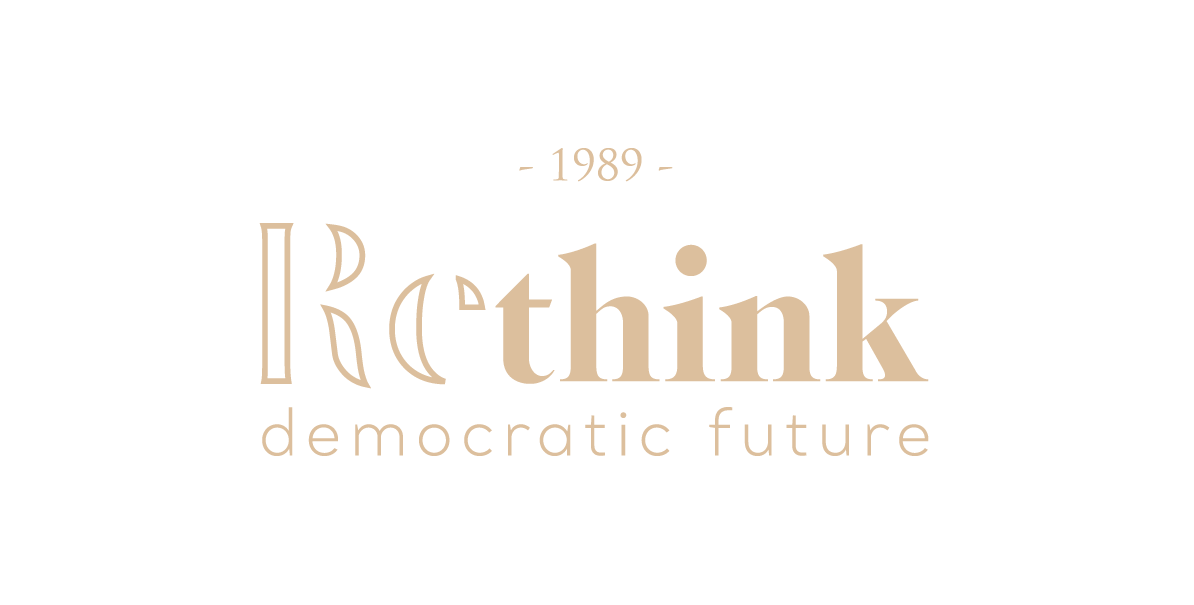The key aim of the project was to commemorate 1989, critically reflecting on memory of largely peaceful revolutions and transition in the light of the current challenges to democratic rule and the unity of the European project.
Through diverse activities attracting citizens from different target groups (international conference, public debates, wide consultations between historians, academics, civil society activists and those involved in the democratic reform in the early 90ies, youth summer school and online consultations with young people), the project reached and involved altogether approximately 560 people generating debate on turning point in democratic history of Europe, allowedthe reflection on European cultural diversity and on common values.
Due to pandemic, the online form of activities allowed inclusion of additional countries, exceeding a scope of experience sharing from original 4 focus countries, to over 50 countries. The dialogue on the meaning of 1989 and the perspectives of democracy expanded beyond the EU borders, to Belarus, Ukraine, Moldova, Georgia, and raised the question of global meaning of 1989 and the history of democratization in Central and Eastern part of the EU.
Through the involvement of different groups (academics, experts, past activists, young people, people working in media and civil society activism) the project created synergy among different stakeholders and exposed the meaning and impact of history and memory of 1989 on various areas: such as civil society organizations, on the identity of youth or even international relations between the EU and neighborhood countries.
